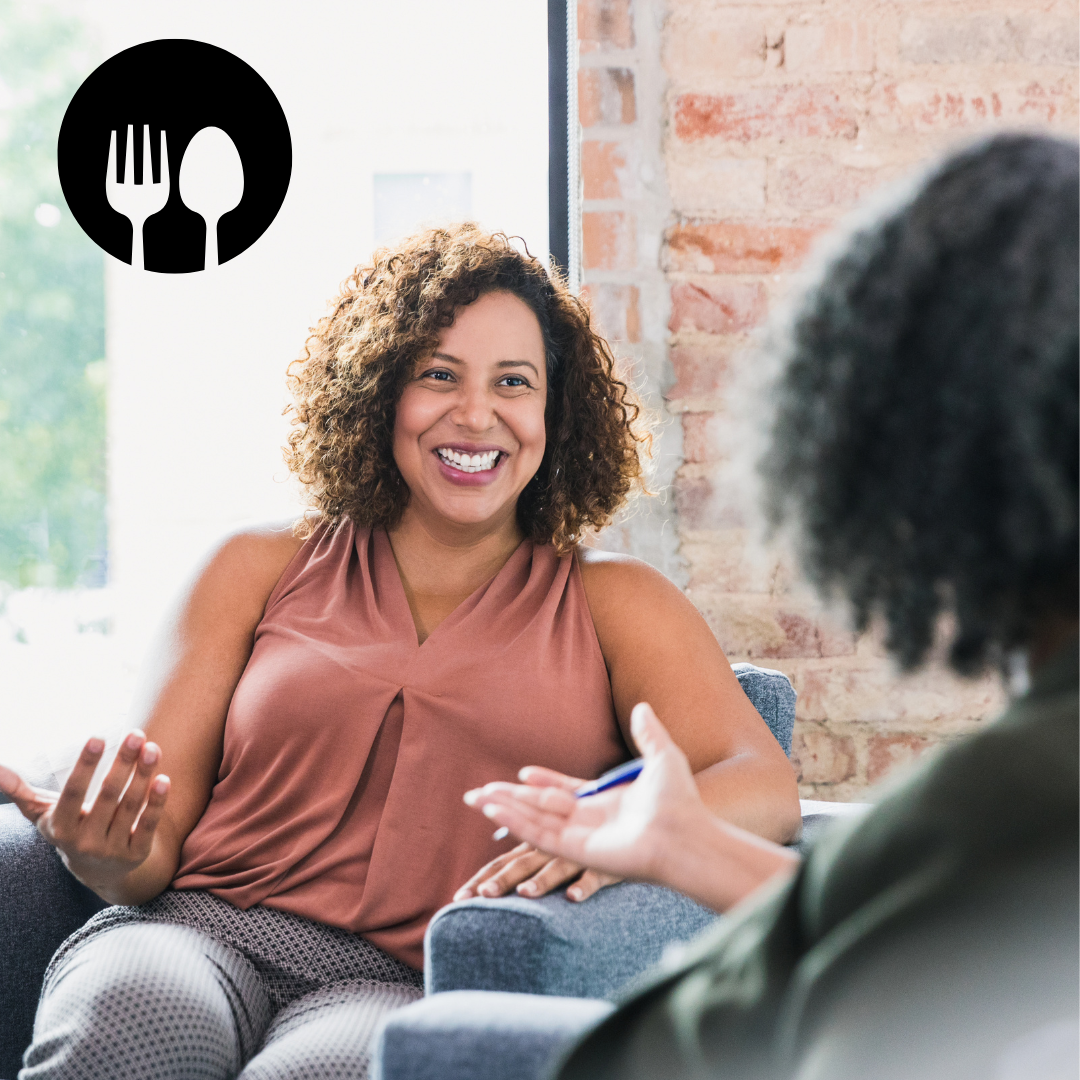When Food Becomes Your Drug
When Food Becomes Your Drug: Healing Through Therapy with a Trauma-Informed Lens
Understanding the Role of Food in Emotional Survival
We’ve all been there: turning to our favorite comfort food after a stressful day, treating ourselves to sweets to celebrate, or enjoying a pizza on a lonely night. But what happens when food becomes more than just nourishment or occasional comfort? When it becomes your coping mechanism, a crutch to deal with pain, trauma, or overwhelming emotions—food can start to feel like a drug.
For many, emotional eating isn’t about being “weak” or “lacking willpower”—it’s about survival. Food can serve as a quick fix to numb emotional discomfort or soothe feelings of sadness, anxiety, or emptiness. But over time, this cycle can become overwhelming, unhealthy, and deeply tied to unprocessed trauma.
The good news? Therapy, particularly trauma-informed approaches, can help you unpack why food has become your drug and equip you with healthier tools to cope.
Why Does Food Become a Coping Mechanism?
When we experience trauma—whether it’s childhood neglect, abuse, loss, or ongoing stress—our nervous system can become dysregulated. Our brains and bodies are wired to seek safety and comfort when overwhelmed. For many, food becomes an accessible and reliable way to:
Feel safe and in control.
Numb painful emotions or memories.
Soothe the nervous system when it’s overstimulated or anxious.
Distract from loneliness, shame, or emptiness.
If this sounds familiar, you are not alone. Food as a coping mechanism is incredibly common and often tied to deep-rooted patterns from our past—patterns that can be gently explored and shifted through therapy.
How Trauma-Informed Therapy Can Help
Trauma-informed therapy focuses on understanding how your past experiences shape your present behaviors. Rather than asking, “What’s wrong with you?” a trauma-informed therapist asks, “What happened to you?”
In this space, your emotional eating isn’t judged—it’s understood as a response to something much deeper. You will learn to:
Identify your emotional triggers. What emotions or situations push you toward using food for comfort? Is it stress, loneliness, anger, or shame?
Understand the “why” behind the habit. Exploring your past experiences can help you see how food became a coping strategy and why it’s been so hard to let go.
Regulate your nervous system. You’ll learn tools to calm your body and mind when you feel overwhelmed, so you don’t rely on food to feel safe.
How DBT (Dialectical Behavior Therapy) Can Help Break the Cycle
Dialectical Behavior Therapy (DBT) is a powerful tool for breaking harmful patterns like emotional eating. DBT combines acceptance of where you are now with practical skills to move forward. It teaches:
Mindfulness – Learning to notice what you feel and what you need in the moment instead of acting on autopilot. Instead of grabbing snacks when you’re upset, you pause, breathe, and observe your feelings.
Example: “I notice I feel anxious right now. My instinct is to reach for chips. What else can I do to calm this feeling?”
Distress Tolerance – Building coping strategies for intense emotions so you don’t turn to food as your only option. Tools like grounding exercises, “opposite action,” and soothing activities help you ride out the wave of emotion.
Example: Instead of eating to escape sadness, you might take a cold shower, splash water on your face, or hold an ice cube to reset your nervous system.
Emotion Regulation – Understanding and managing your emotions so they feel less overwhelming. DBT teaches you to name your feelings, recognize patterns, and care for your emotional needs in healthier ways.
Example: Journaling about your triggers or doing a short yoga flow instead of eating when you feel shame or anger.
Interpersonal Effectiveness – Strengthening your ability to ask for support and set boundaries with others, so food doesn’t become your only safe space.
Example: Instead of bottling up stress from work, you talk to a trusted friend or therapist about what’s weighing on you.
Taking the First Step: Why Therapy is Worth It
If food feels like your drug, it’s not your fault. Your mind and body have been doing their best to protect you. But you deserve to feel better—to heal, to thrive, and to live without shame or guilt around food.
Therapy can help you create a new relationship with food and with yourself. A relationship built on compassion, understanding, and balance. Working with a trauma-informed therapist skilled in DBT will empower you to:
• Build a toolbox of healthier coping strategies.
• Reconnect with your body and learn to trust its signals.
• Heal the wounds that keep you stuck in this cycle.
• Find freedom from emotional eating without judgment
Final Thoughts
Food may feel like your drug, but it doesn’t have to stay that way. With support, you can untangle the complex emotions tied to eating and learn to navigate life’s challenges with new tools. Therapy offers a space to explore, heal, and move forward—one step at a time.
You are not broken. You are not alone. And you are capable of creating a healthier, more compassionate relationship with food and yourself.
Ready to start? Let’s heal together.
If this resonates with you, reaching out to a therapist could be the next step toward finding balance and freedom. You deserve to feel seen, heard, and supported. 💙



